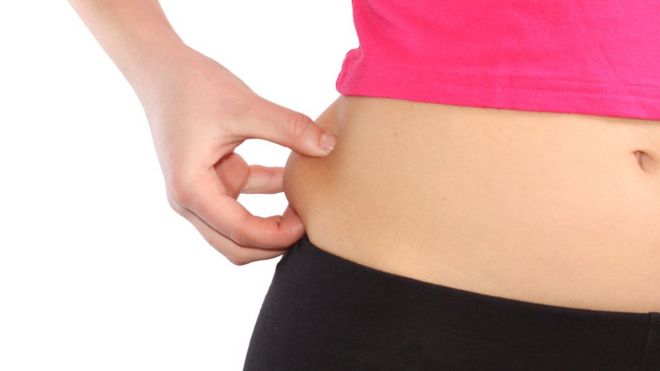A Brief Colonial History Of Ceylon(SriLanka)
Sri Lanka: One Island Two Nations
A Brief Colonial History Of Ceylon(SriLanka)
Sri Lanka: One Island Two Nations
(Full Story)
Search This Blog
Back to 500BC.
==========================
Thiranjala Weerasinghe sj.- One Island Two Nations
?????????????????????????????????????????????????Thursday, March 1, 2018
Waist size bigger heart attack risk in women, report says

28 February 2018
Women with bigger waists relative to their hips are at more risk of
heart attacks than men of a similar "apple shape", research from the
George Institute for Global Health says.
The study showed waist-to-hip ratio to be a better heart attack
predictor than general obesity - 18% stronger than body mass index in
women and 6% in men.
The report found a high BMI was linked to heart disease risk in both sexes.
The researchers interviewed nearly 500,000 UK adults aged 40 to 69.
The research has been published in the Journal of the American Heart Association and used the UK Biobank resource.
Dr Sanne Peters, the report's lead author, from the institute, which is
at the University of Oxford, said: "Our findings support the notion that
having proportionally more fat around the abdomen (a characteristic of
the apple shape) appears to be more hazardous than more visceral fat,
which is generally stored around the hips (the pear shape)."
She said that "looking at how fat tissue is distributed in the body -
especially in women - can give us more insight into the risk of heart
attack than measures of general obesity".
Dr Peters added: "Understanding the role sex differences in body fat
distribution play in future health problems could lead to sex-specific
public health interventions that could address the global obesity
epidemic more effectively."
- Heart attack care dangerously unequal for women, study finds
- Anti-inflammatory drug 'cuts heart attack risk'
- Cardiologist: Breast implants skew heart attack test
The report said that body composition and fat distribution differed
markedly between the sexes, with women having a predominance of fat mass
and subcutaneous fat and men having lean mass and visceral fat.
It added: "Our study has several strengths, including the prospective
design, large sample size, and direct measurement of general and central
adiposity on all participants.
"However, the UK Biobank is a largely white population, and further
analyses are needed to determine the generalisability to other
populations."
Heart attack symptoms
- chest pain - a sensation of pressure, tightness or squeezing in the centre of your chest
- pain in other parts of the body - it can feel as if the pain is travelling from your chest to your arms (usually the left arm is affected, but it can affect both arms), jaw, neck, back and abdomen
- feeling lightheaded or dizzy
- sweating
- shortness of breath
- feeling or being sick
- overwhelming sense of anxiety (similar to having a panic attack)
- coughing or wheezing
Although the chest pain is often severe, some people may feel only minor
pain, similar to indigestion. In some cases, there may not be any chest
pain at all, especially in women, the elderly and people with diabetes.
Ashleigh Doggett, senior cardiac nurse at the British Heart Foundation,
said: "Considering the large amount of UK participants, this is a very
interesting study which highlights that obesity remains a risk factor
for heart attacks in both men and women.
"Interestingly, it suggests that those of us who are 'apple' as opposed
to 'pear' shape, especially women, may be at higher risk of a heart
attack.
"We know from previous BHF research that women are often misdiagnosed
initially when having a heart attack so how we store fat and our body
shape may be an important factor for medical staff to consider when
making a diagnosis.
"The study highlights the need for similar research amongst more diverse
populations, and for further research into sex differences which could
lead the way in treating patients on an individualised basis."
